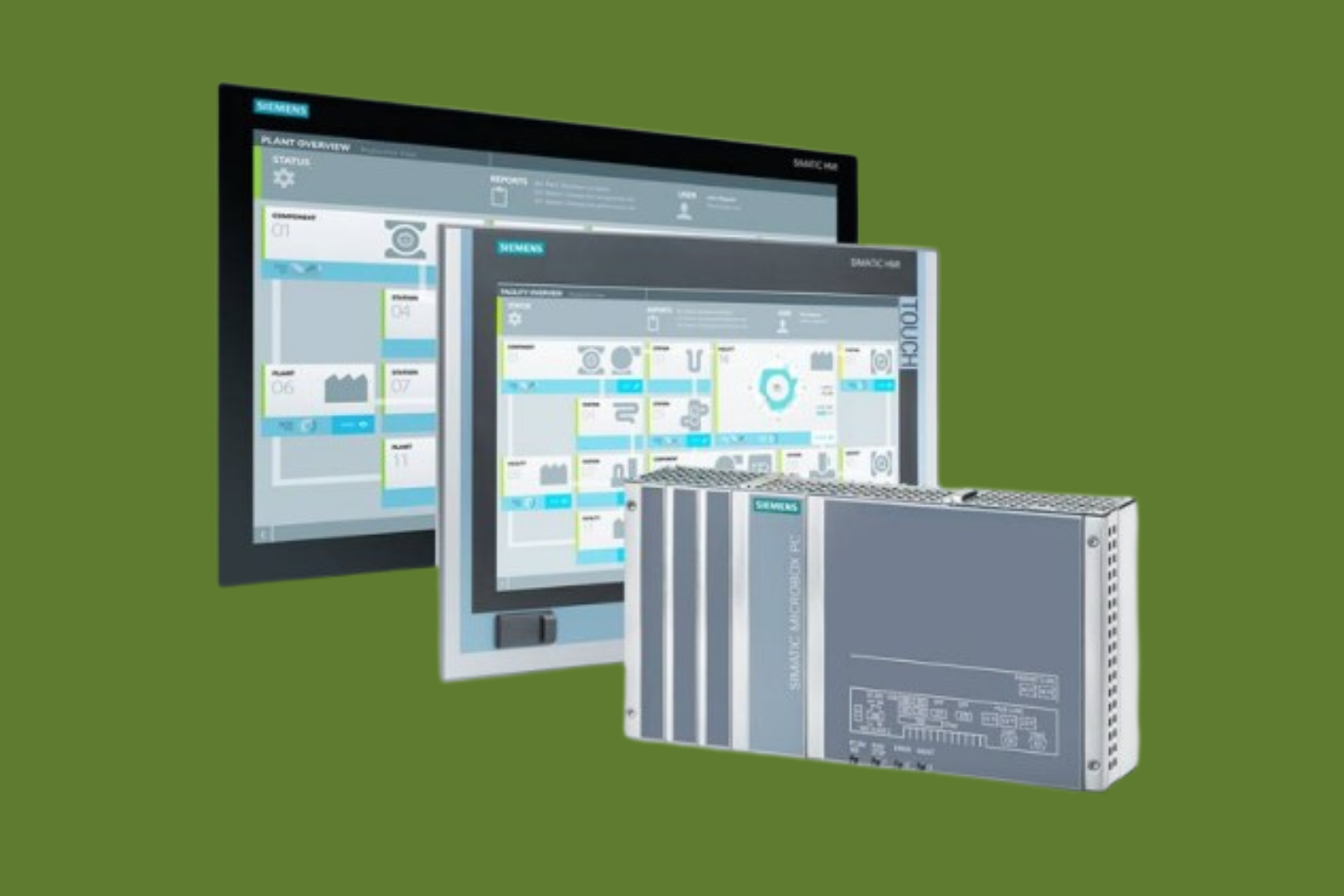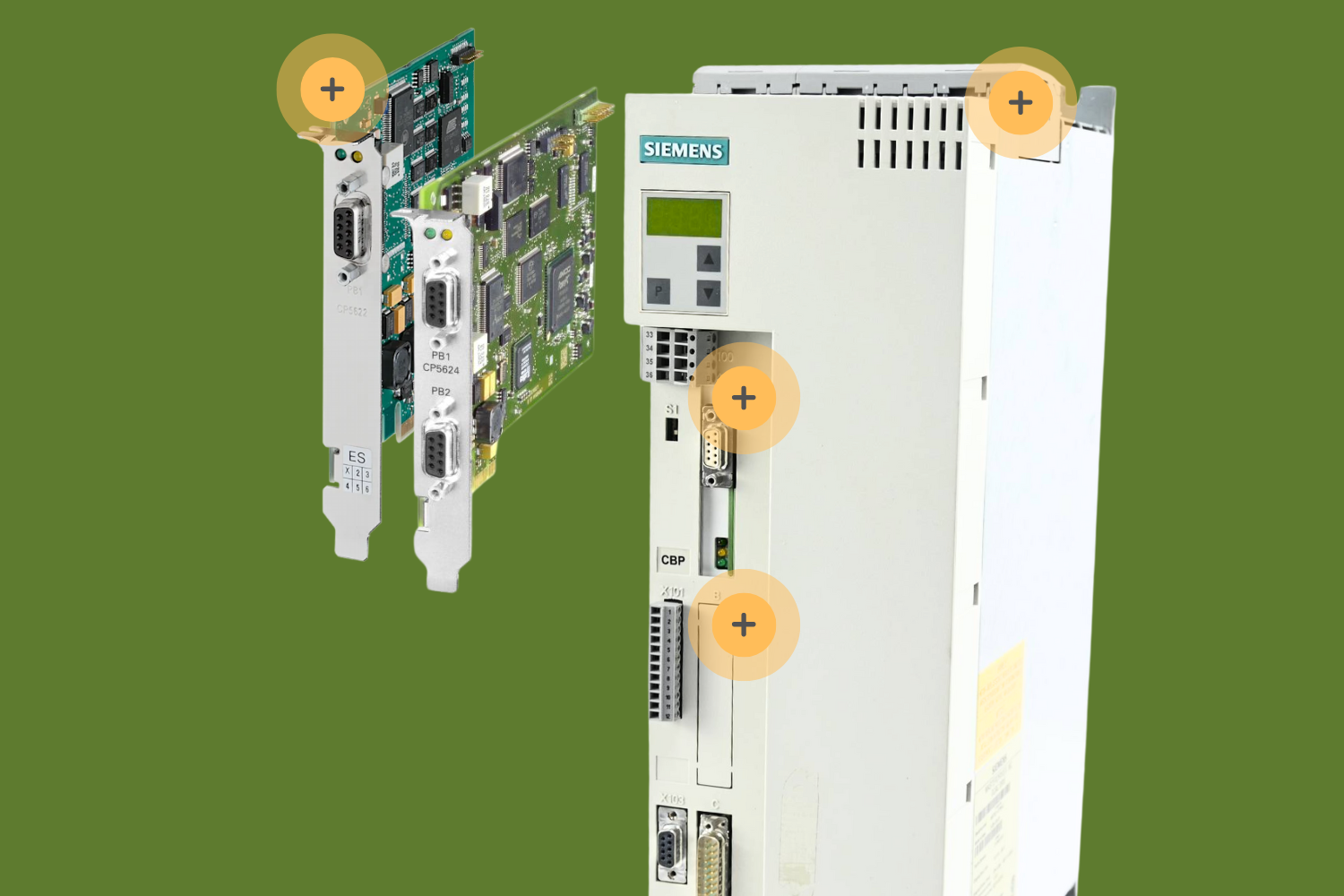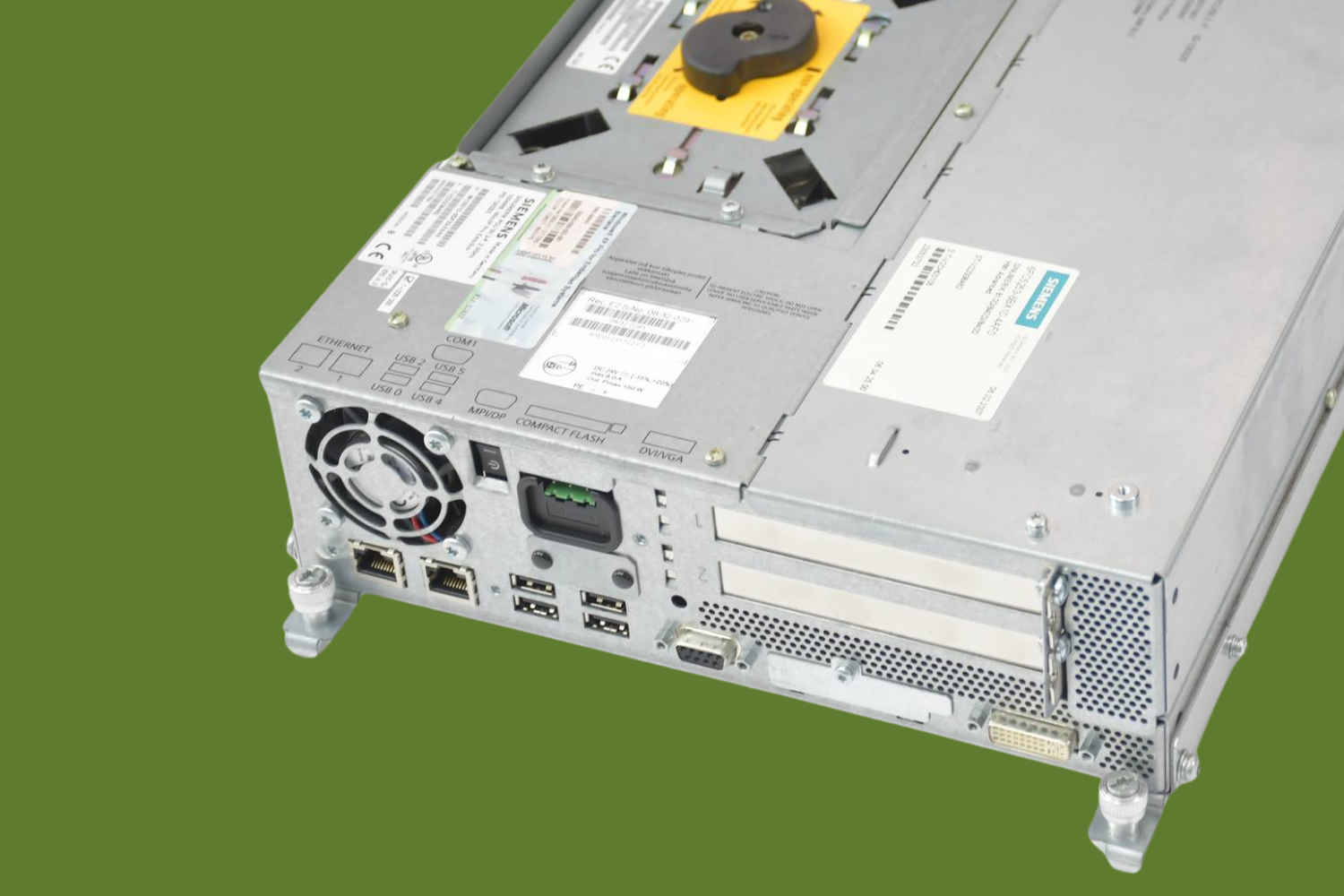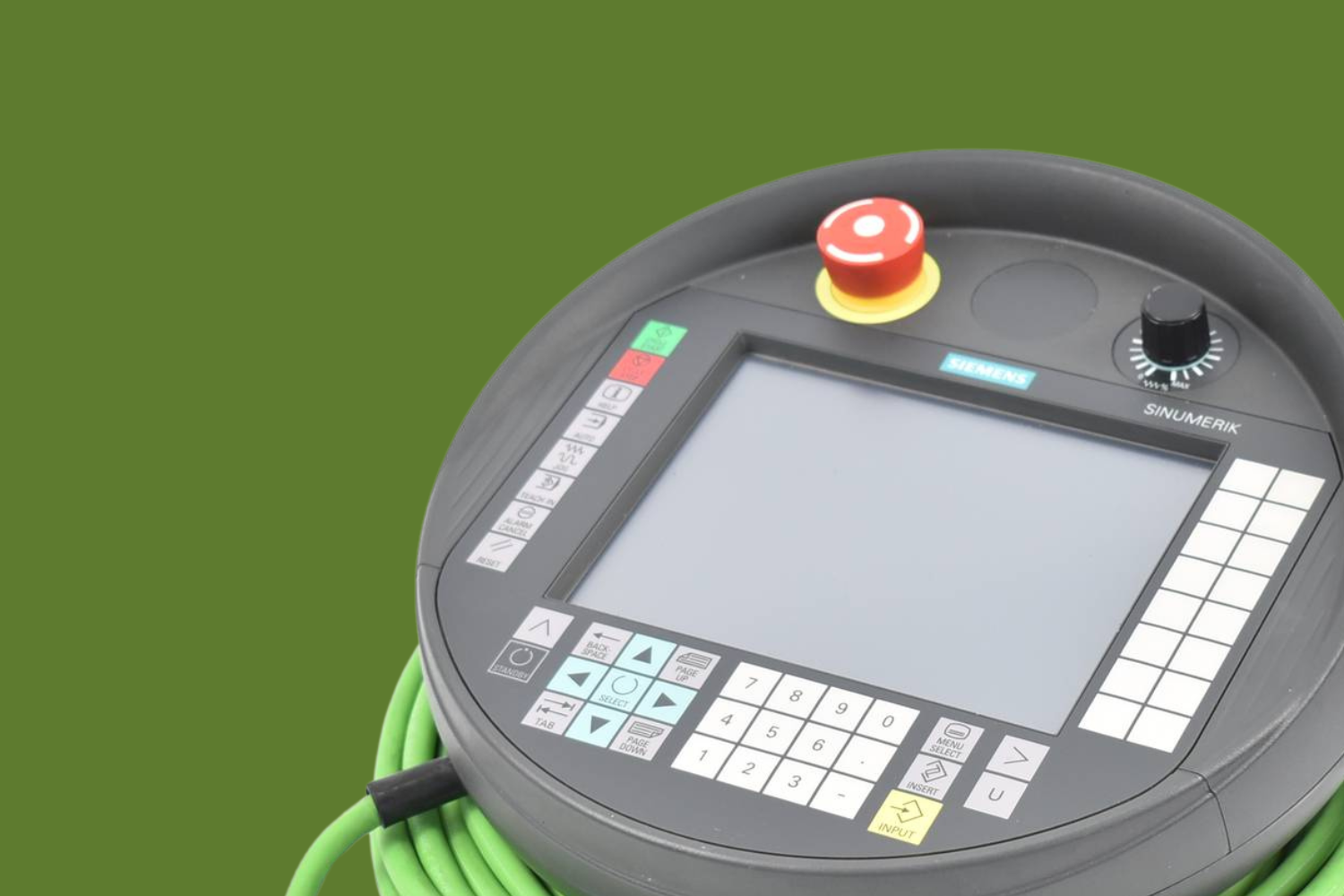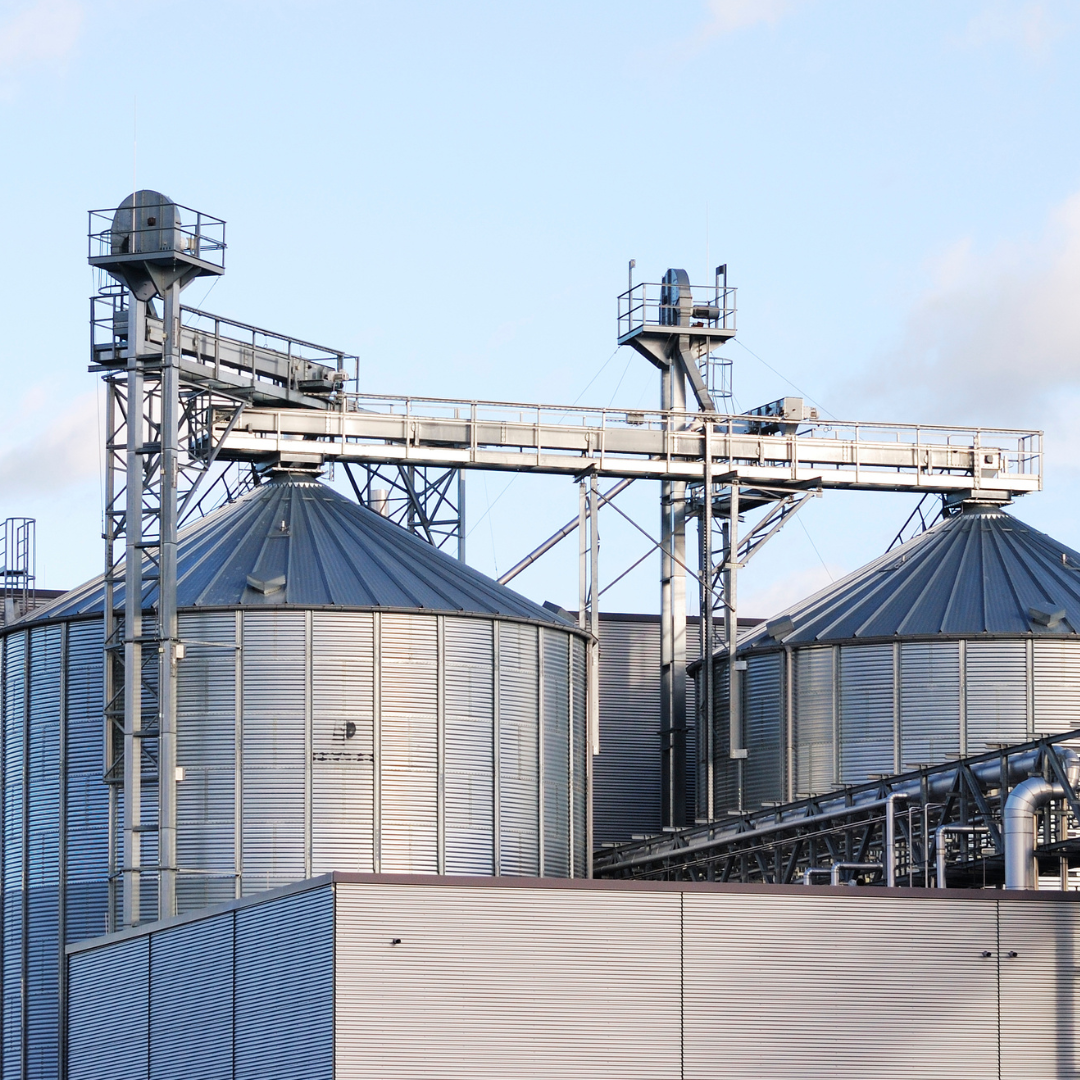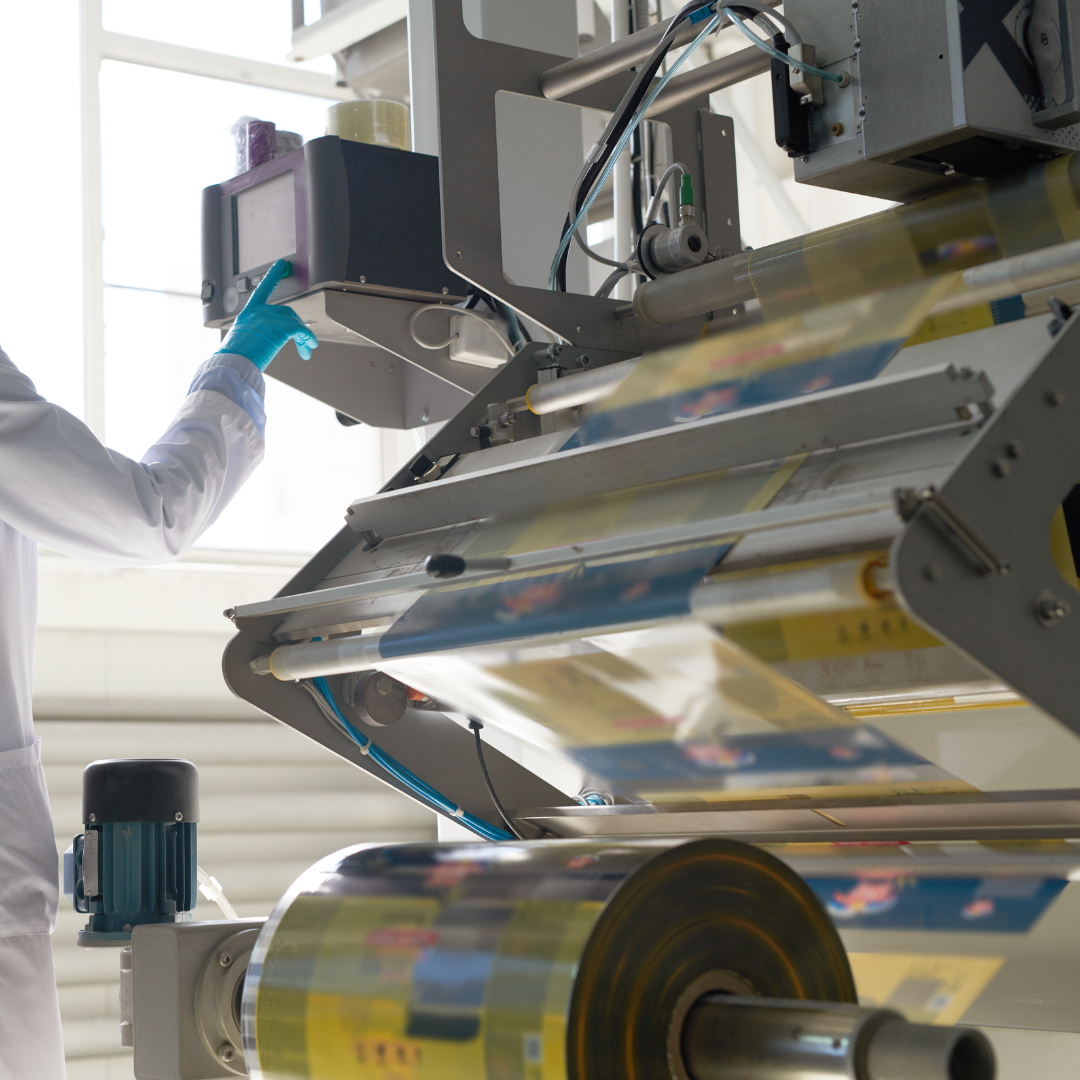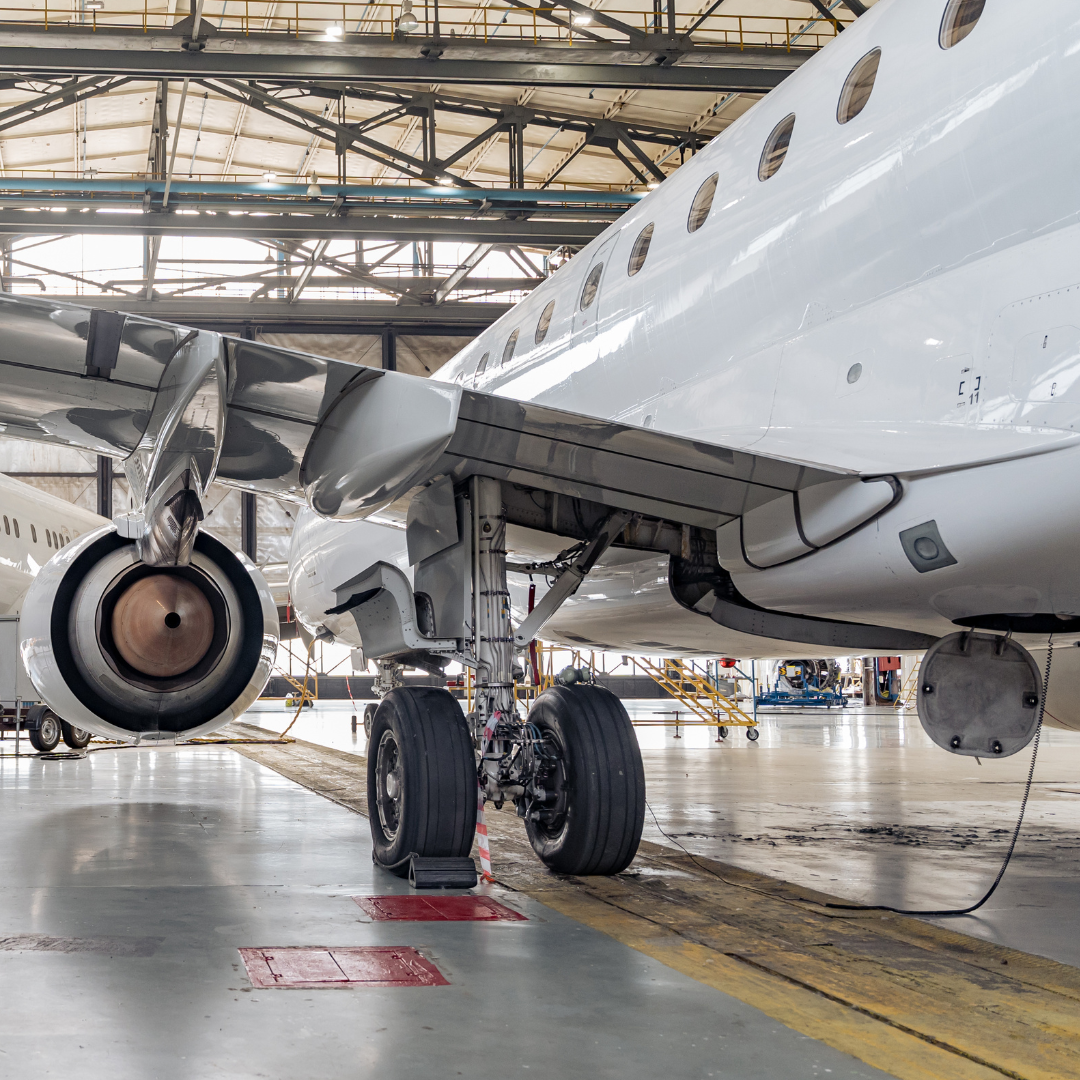Automotive industry and suppliers
Industrial electronics for tomorrow's mobility
Industrial electronics plays an indispensable role in automotive production and its suppliers. From the design and manufacture of vehicle components to the automation of entire production processes, modern electronic systems ensure that the automotive industry becomes more efficient, precise, and sustainable. Through the use of innovative controls, automation technology, and measurement technology, industrial electronics contributes to increasing quality, reducing production costs, and simultaneously reducing the automotive industry's ecological footprint.

KI als Innovationstreiber
Smart production: AI makes factories smart
Artificial intelligence is revolutionizing automotive production: Smart factories use AI-supported systems for real-time monitoring, predictive maintenance, and process optimization. Machine learning analyzes sensor data, detects anomalies early, and prevents unplanned downtime. Digital twins simulate manufacturing processes to maximize efficiency and quality.
The intelligent networking of machines, robots, and supply chains creates flexible production systems that adapt dynamically to market requirements. This makes manufacturing not only more efficient, but also more sustainable and cost-effective.
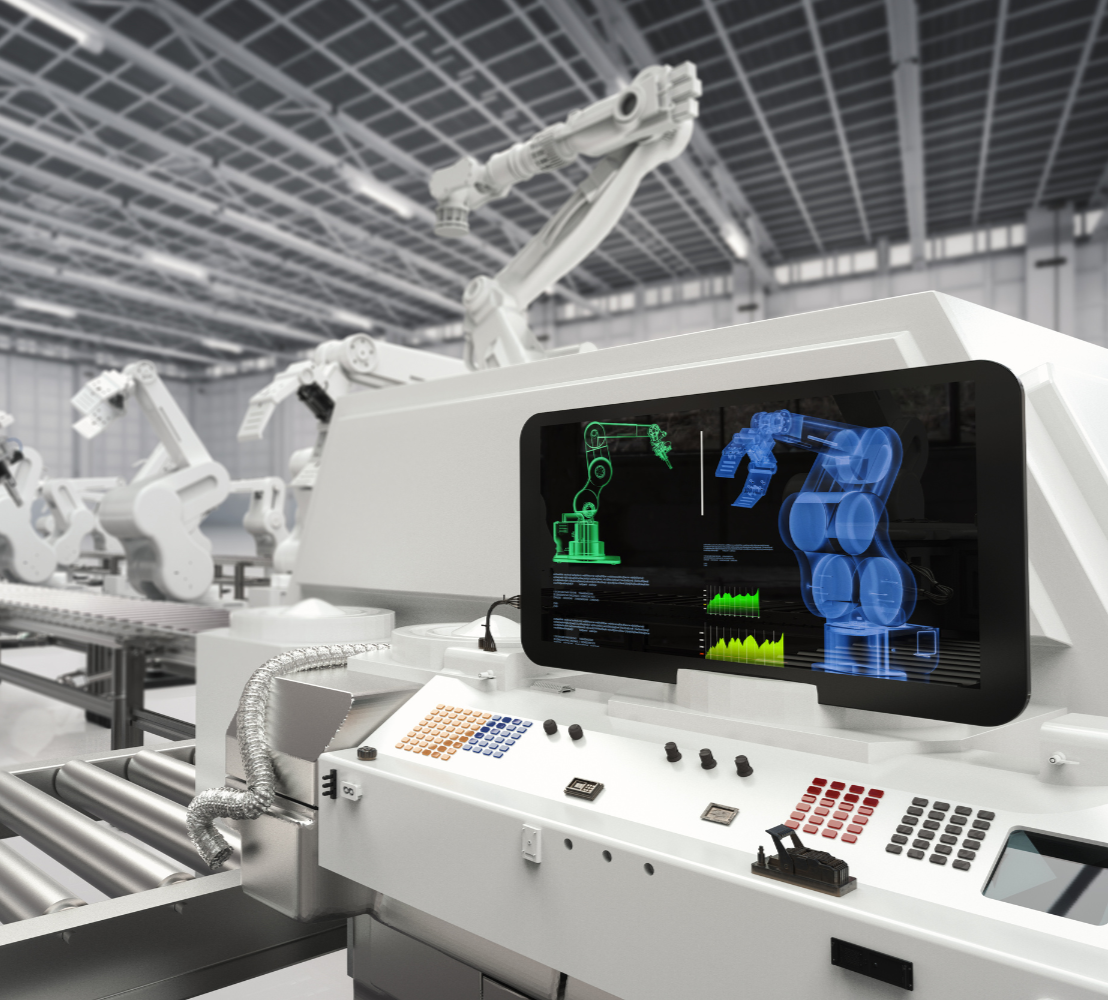
Measurement technology – precision in quality control
In the automotive industry, where precision and quality are paramount, metrology systems are essential to ensure that all vehicle components meet safety and functional requirements. With the support of advanced industrial electronics, automakers and suppliers can maximize the efficiency of their production processes while ensuring the quality and safety of their products.
KI als Innovationstreiber
Smart production: AI makes factories smart
Artificial intelligence is revolutionizing automotive production: Smart factories use AI-supported systems for real-time monitoring, predictive maintenance, and process optimization. Machine learning analyzes sensor data, detects anomalies early, and prevents unplanned downtime. Digital twins simulate manufacturing processes to maximize efficiency and quality.
The intelligent networking of machines, robots, and supply chains creates flexible production systems that adapt dynamically to market requirements. This makes manufacturing not only more efficient, but also more sustainable and cost-effective.
Measurement technology – precision in quality control
In the automotive industry, where precision and quality are paramount, metrology systems are essential to ensure that all vehicle components meet safety and functional requirements. With the support of advanced industrial electronics, automakers and suppliers can maximize the efficiency of their production processes while ensuring the quality and safety of their products.



